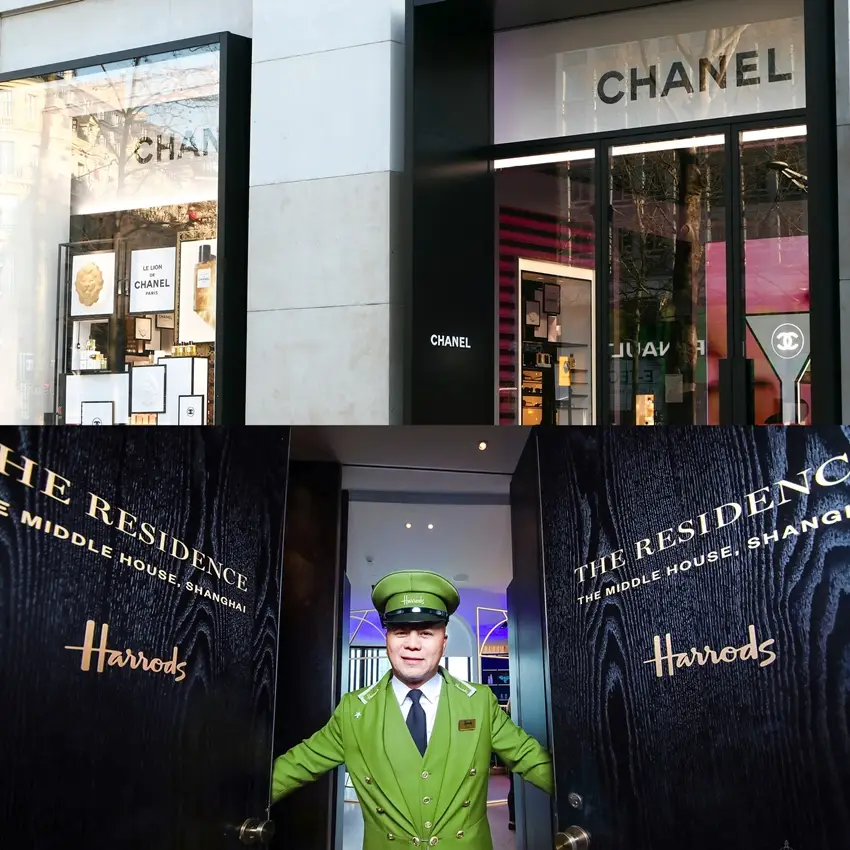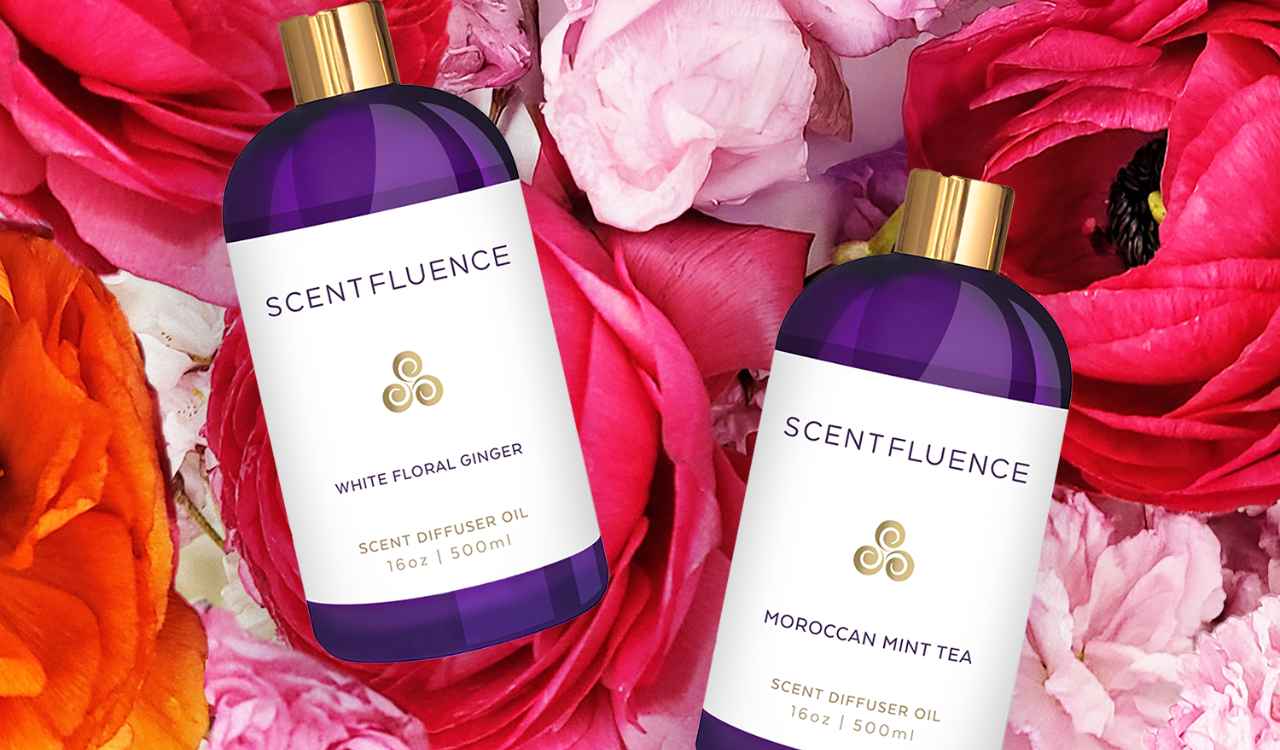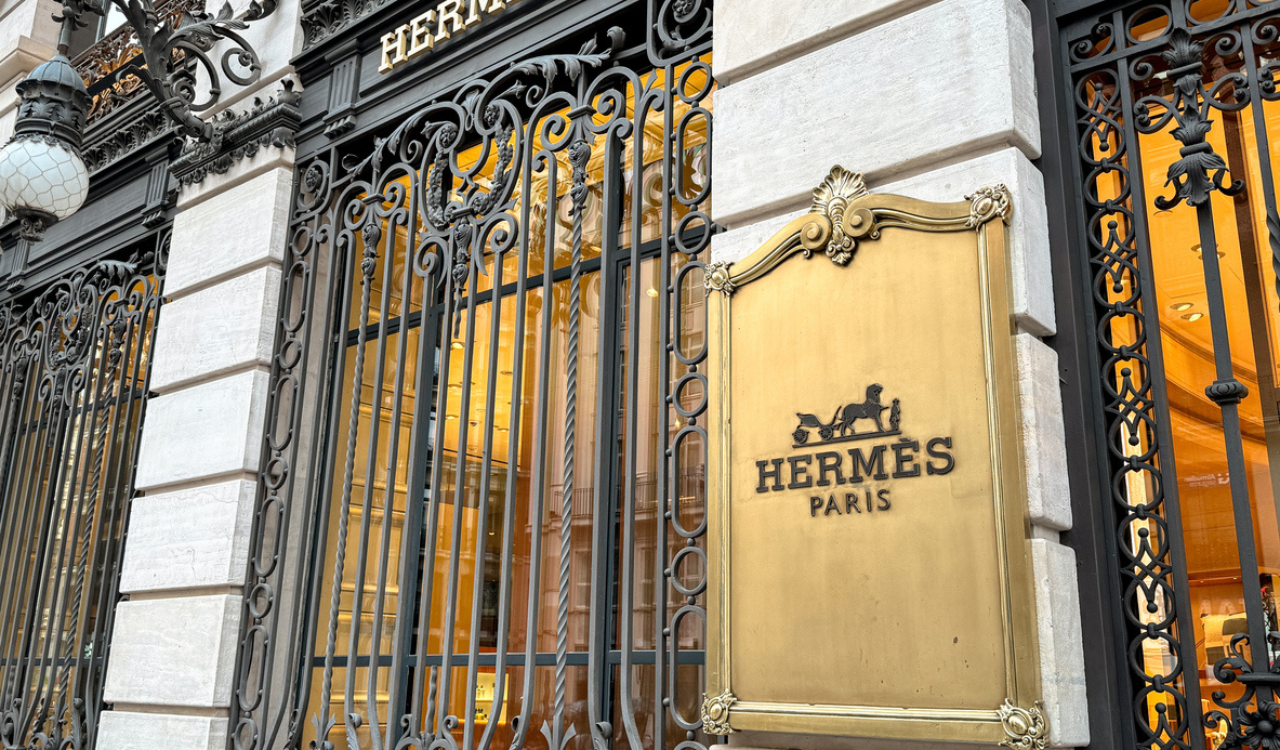One of the more fascinating ideas in retailing that never really caught on involved supermarket checkout lines. Some clever junior executive somewhere decided that instead of rewarding his store’s lowest-spending customers buying 10 items or less with dedicated lanes, why not create a special one just for big spenders who had overflowing carts, 50 or 100 items at least. Alas, while there might be a few such lanes still around, the concept never really gained wide acceptance.
More recently new ideas about catering to your best customers seem to be gaining widespread acceptance and retailers from Chanel to Walmart are adopting policies and programs that are designed to reward their top spenders. And while it’s not exactly a new idea, it is gaining momentum. Of course, when you think about it, some retail businesses have been playing this card for years. Banks, like Chase, have had “private client” areas and even entire branches for their high net-worth customers. Airlines have dedicated customer service lines and agents who only deal with their most elite flyers. Retailers have had rewards programs for their best customers including private sales. And personal shoppers gave always been the domain of their top spending customers. Now we’re seeing retailers across the spectrum creating similar services. You could ask what took them so long, and you would be right.
A New Chanel Channel
In reporting a tripling of its profits recently, the iconic French luxury brand announced it would be opening “private boutiques” for its best customers starting next year. The move is consistent with the company’s efforts to control its distribution better, dialing back third-party sales and focusing more on its own direct-to-consumer efforts. As reported by Business of Fashion, “DTC models have found favor with investors in recent years as they can lead to higher margins, better client data, more frequent relationships with consumers, and—key for the luxury industry—stricter control over pricing.”
The concept of exclusive retailing platforms extends beyond just physical stores and one-time events. Many ecommerce websites offer special deals for special customers, but other services are starting to emerge to create entire closed-door platforms just for private shoppers.
Quartz reported, “It’s not just Chanel either. Last December, Brunello Cucinelli opened an appointment-only store in New York, a space designed so that clients feel like they’re stepping into the designer’s home. That same year, Harrods, the vaunted British department store, began rolling out its “Residence” concepts across China. First opened in Shanghai and then Beijing, the spaces are strictly by invitation to its top-tier clients.
‘I don’t think that the ultra-high-net-worth segment wants to fight their way into a mall’ Harrods managing director Michael Ward said at the time. ‘They want to have that ability to be dropped off, taken to their private suite, and meet their friends.’”
Details are still a little sketchy as to how many such private stores it will open, how big they will be. and what they might look like, but Chanel CEO Philippe Bondiaux did say the first of these will be in important Asian cities and will open in early 2023. Locations in Hong Kong, Shanghai, Beijing, Singapore, and Tokyo would be logical choices for opening first given the Asian customer’s lust for European luxury brands.
Another rationale for the private boutiques is to protect the premium clients from the endless lines of tourists and casual customers waiting outside Chanel’s stores.
Many elite brands (think Harry Winston) have always had back rooms, private atelier spaces or even entire floors blocked off for their best customers, but this is believed to be the first case of an entire retail store network created for top spenders. Other prestige brands are bound to follow suit.
Walmart+ Is a Plus
At the other end of the pricing spectrum, Walmart recently held what it called Walmart+ Weekend, a three-day online event only open to its Walmart+ membership program. “Giving members more of what they want with exclusive, unprecedented Black Friday-like savings allows us to celebrate our members in a fun, new way,” said Chris Cracchiolo, senior vice president, and general manager for the retailer in announcing the event. Walmart created its membership program in 2020 in response to the obvious success of Prime, the linchpin of arch-competitor Amazon’s retailing program. Like Prime, Walmart charges for membership — $12.95 a month or $98 a year – and throws in special benefits like free delivery and discounts at its gas pumps. And while Amazon’s Prime Days are geared towards its members, all customers can shop the sale, even if the best prices may not be available to all. The Walmart event however is believed to be the first one only for members.
The Weekend seems to have hit a shopping nerve, according to a report from research company Numerator. The average Walmart+ Weekend spend per order was $69.75, above the average Walmart.com order size of $64.99. It also beat the average Amazon Prime Day sale of $54.17, Numerator said. It also said that 47 percent of Walmart+ Weekend orders were placed for $100 or more, comparing it to the 27 percent of Amazon Prime Day orders. Numerator said the majority of sales at the Walmart event were in grocery and CPG purchases rather than general merchandise goods.
Walmart’s Cracchiolo said the retailer was “inspired to create an entire weekend dedicated to the best deals.” Look for more such inspiration to spread throughout more of the general retailing field.
Private Eyes
The concept of exclusive retailing platforms extends beyond just physical stores and one-time events. Many ecommerce websites offer special deals for special customers, but other services are starting to emerge to create entire closed-door platforms just for private shoppers.
The online service Knowband.com has been advocating for online sellers to wall off portions of their sites – or create entirely differentiated ones – that are private and require special qualifications for entry. “Many businesses (selling) luxurious products or merchandise that have limited editions should go for a ‘Private Shop,’” the site recommends. “If you have a small set of audiences for your brand that purchases high-end products, you definitely don’t want everyone to access it.”
And of course, the kicker is the elite nature of a private shop: “A limited group of people can be notified,” Knowband says. “As a result of which they feel privileged, and you will be able to provide a satisfying customer experience.” This play to snobbism and FOMO – fear of missing out – may capture the very essence of all these efforts to appeal to specific best customers. We all want to be special, it’s fundamental to the American consumer psyche, so certainly this is a retail concept that we’re going to see more of…perhaps a lot more.
Maybe it’s time to bring back that big-purchase lane at the grocery store, what do you think?





